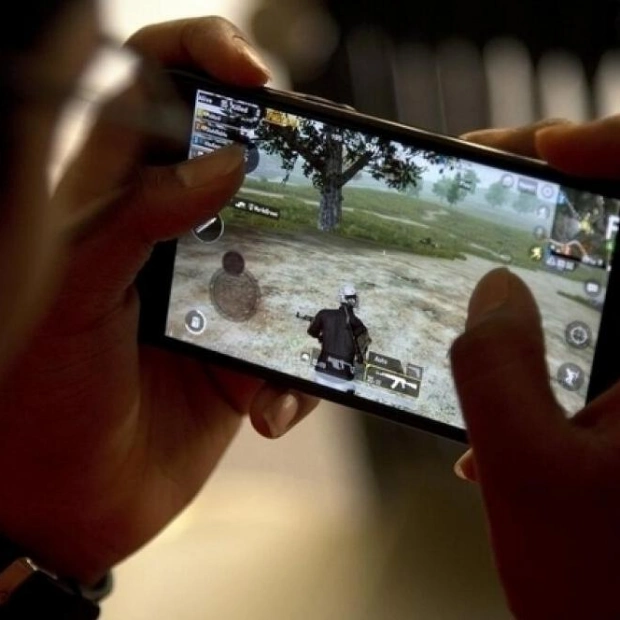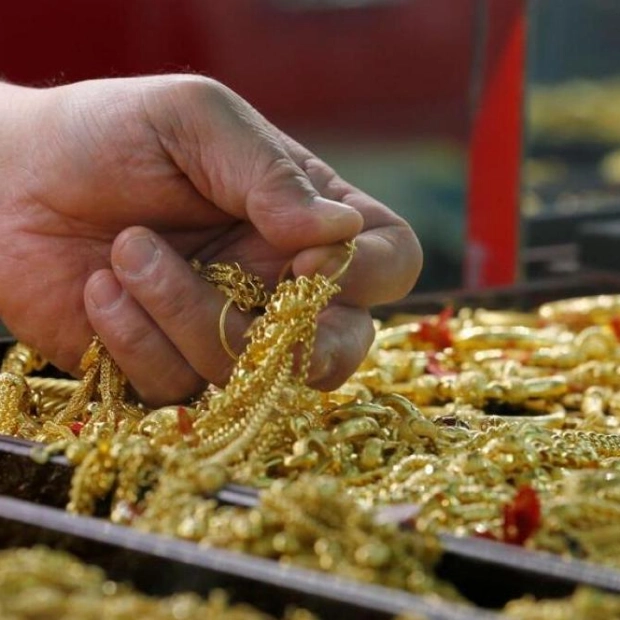“Come here guys, come here,” shouts Pep Guardiola as the Manchester City players gather in the dressing room of the Tottenham Hotspur Stadium. The score is 0-0 at half-time, and the Premier League title seems to be slipping away. The players' energy levels are low, almost lifeless. Kevin De Bruyne wipes sweat from his brow, while Erling Haaland encourages his teammates to keep pushing. An unseen staff member asks if anyone is still in the toilets, a question that feels oddly fitting as it doesn't come from Guardiola. Great orators shouldn't have to coax their audience out of the restroom.
Guardiola is indeed a great orator, at least the equal of Jürgen Klopp, José Mourinho, or John Sitton. This aspect might be overlooked when one is also one of the great tactical minds of their generation. Guardiola understands that football oratory is essentially short-form theatre, a full-body performance where the entire soul is poured into the act. He adopts an affected camp voice, “Eh, let’s go, let’s go,” clapping weakly, mocking the team's lack of intensity at the start of the game. Suddenly, a hand slams down on the table of energy drinks. “My words don’t work if you don’t believe it inside!” he thunders, his arms whirling like swords. “Now is the moment you have to prove how incredible you are! You cannot go home regretting! We CANNOT GO HOME!”
The latest Manchester City documentary, titled 4-In-A-Row, was released this week. Like its predecessors, it reveals a common theme. For most of the production, as City gracefully ascends towards a fourth consecutive Premier League title, Guardiola is a restrained, thoughtful presence, offering nuggets of wisdom in his characteristic low voice, like a repentant ex-smoker. But in tougher moments, something primal stirs within him. Adversity brings out an animal charisma. His eyes burn wild, and the background noise fades to a deathly hush. “In the fucking 18-yard box, you don’t touch the opponent!” he rages after a late penalty earns Crystal Palace a 2-2 draw at the Etihad Stadium. “It’s unacceptable, Phil Foden, unacceptable!”
Reflecting on this, perhaps it’s not surprising that Guardiola chose this moment to announce the renewal of his City contract for another two years. With four consecutive defeats, Liverpool leading the table, and a legal battle with the Premier League threatening to end an entire golden era, what better time for a dramatic and unequivocal show of strength? If you punched Guardiola in the face right now, he might even sign on for a third year.
The decision to stay or go was likely more prosaic. There’s always a temptation to interpret everything Guardiola does as a 4D mind game, but in this case, the simplest explanation is probably the most appropriate. Guardiola enjoys his job. He works with brilliant footballers, has plenty of money to spend, and Manchester is a great city. The club is built around his needs, and he knows everyone there. He’s 53 and in decent health. It doesn’t have to be complicated.
Besides, it’s worth considering the other side of the deal: where might Guardiola go that wouldn’t feel like a step backward? Only a handful of clubs in the world could afford his salary and compete for the trophies that interest him. Given his emotional ties, Real Madrid, Liverpool, and Manchester United are out. He’s already managed Barcelona and Bayern Munich. Who’s left? Given the lack of alternatives, it’s no wonder the Football Association briefly believed it had a chance.
In the short term, Guardiola’s decision will likely have negligible effects. Some talk of his decision potentially focusing minds, but his departure would probably have had the same effect. City is still fighting on four fronts—the league, the FA Cup, the Champions League, and the courts—and expects to triumph in all. Very little has changed in that regard.
But for Guardiola himself, something significant has changed. The new contract takes him to 2027, when he’ll be 56 with two decades of management under his belt. By then, even the greatest coaches are no longer innovating but simply maintaining their legacy against the twin devils of time and obsolescence. Arsène Wenger and Bill Shankly were 46 when they took on their last coaching jobs. Alex Ferguson was 44. Has Guardiola taken his last job at 45? Doubtless when he finally leaves City, there will be no shortage of fresh projects to tempt him. But this—right here—was probably his last opportunity to craft something genuinely new.
So what remains for him at City? Everything that can be won has been won. All the available feelings have been felt. It’s a pure numbers game now: one more lap of honor, one more cigar on the open-top bus, one more title, and then another, until the flames of triumph blot out the sky, until all his foes fall silent. It’s an enduring paradox of modern City that the more dominant they become, the angrier they get. The craving for trophies and the craving for adversity become a self-nourishing cycle, neither quite satisfying the other. Liverpool, Arsenal, UEFA, the Premier League, the media machine, the corrupt cartel, financial regulation, the rule of law itself. We are entering Guardiola’s siege phase, if it hasn’t already begun. And whether it succeeds or fails, it’s not going to want for enemies.
Source link: https://www.theguardian.com






